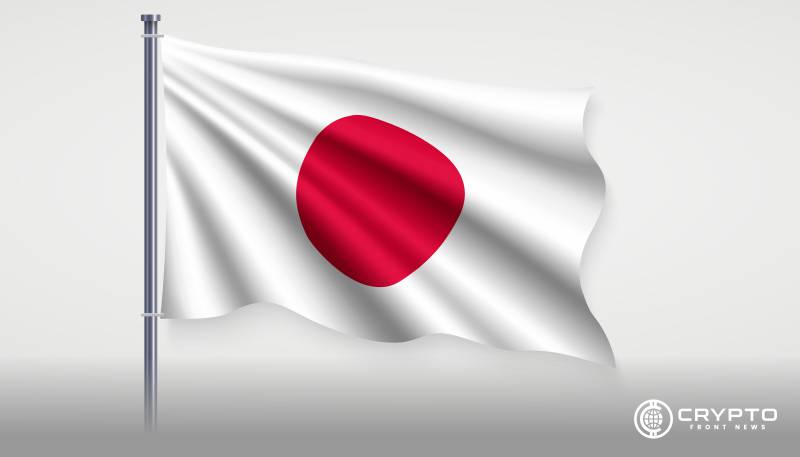- FSA may revise 2020 rules to let banks trade and hold Bitcoin under capital and risk controls.
- Regulators are also considering bank registration as crypto exchange operators with custody rights.
- Over 12M crypto accounts and new insider trading rules are driving the broader policy review.
Japan’s top financial regulator is considering a major shift that could open the door for domestic banks to trade and hold Bitcoin under strict oversight. The Financial Services Agency (FSA) plans to review current supervisory guidelines that have prevented banks from holding cryptocurrencies since 2020 due to volatility concerns.
The agency intends to bring the matter before the Financial Services Council, an advisory body to the Prime Minister, where officials will evaluate how digital assets could be integrated into existing financial frameworks without jeopardizing balance sheet stability.
Banks May Gain Access to Custody and Trading Rights
The FSA wants to align crypto oversight with the treatment of equities and government bonds, but with capital and risk requirements tailored to digital assets. Regulators are expected to study how sudden price swings in assets like Bitcoin might affect liquidity and financial exposure.
The proposed discussions also include whether banks should receive approval to register as cryptocurrency exchange operators. That designation would allow them to provide custody and trading services directly, rather than through third-party platforms.
This possible reform follows a broader push to integrate digital assets into regulated finance. Earlier this year, the FSA confirmed it would reassess how its rules impact bank groups that are currently barred from acquiring cryptocurrencies for investment. Officials believe that any change would require clear frameworks on risk management and financial soundness before implementation.
Broader Legal Revisions
In September, the FSA moved to shift crypto oversight from the Payments Services Act to the Financial Instruments and Exchange Act. That transition aims to align digital assets with securities regulations and reinforce investor protection. Authorities have noted that several issues in crypto resemble those handled under the FIEA, including disclosure rules and enforcement measures.
Meanwhile, three of the country’s largest banks—MUFG, SMBC and Mizuho—have already launched a joint yen-pegged stablecoin project designed to streamline corporate payments. Their involvement reflects rising institutional interest under regulated conditions.
Japan’s Securities and Exchange Surveillance Commission is also preparing new rules to penalize insider trading in digital assets. These measures would extend existing enforcement practices to crypto markets and are expected to take legislative shape in 2026.
Expanding Market Participation
Growing demand has pushed the issue forward. FSA data shows more than 12 million registered crypto accounts as of February 2025, a figure that has tripled over five years. Officials believe tighter rules could support safer participation without halting market growth.
The combination of rising user activity, banking sector involvement and ongoing legal updates has created the environment for the current review. The outcome of the upcoming Financial Services Council meeting will decide whether the proposal advances to legislative discussions.





